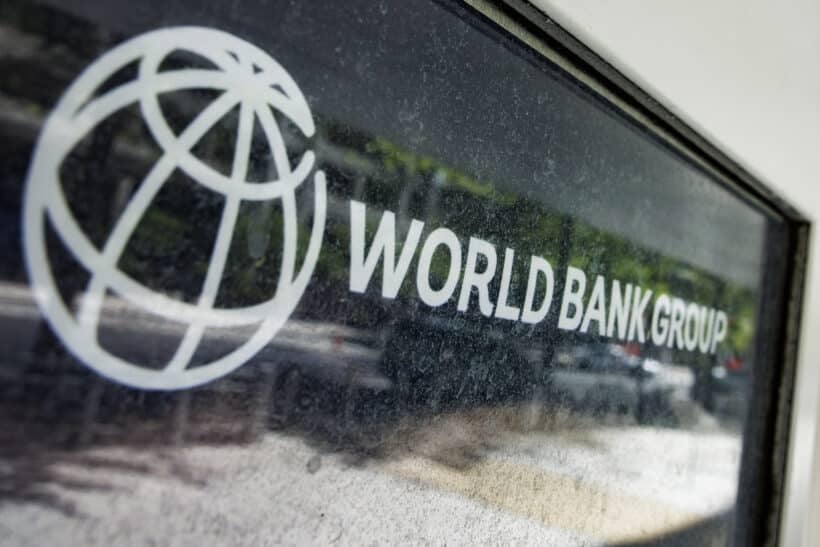The World Bank has revealed that Nigeria’s economy grew at its fastest rate in almost 10 years in 2024, driven by strong performance in the fourth quarter and better management of government finances. However, the global financial institution warned that high inflation remains a serious problem that could affect the country’s recovery.
Speaking in Abuja on Monday, the World Bank’s lead economist for Nigeria, Mr. Alex Sienaert, said the country’s economy grew by 4.6% year-on-year in the last quarter of 2024. According to him, early data for 2025 also shows that business activities are expanding. The World Bank is now projecting a 3.6% growth rate for Nigeria in 2025.
The positive economic numbers come after several bold and sometimes painful reforms introduced by President Bola Ahmed Tinubu. Some of these reforms include the removal of petrol subsidies, a cut in electricity allowances, and two major devaluations of the naira. While these changes were aimed at reducing waste and making the economy more efficient, they also led to an increase in the prices of goods and services.
According to the World Bank, one of the biggest achievements in 2024 was the reform of Nigeria’s foreign exchange market. Mr. Sienaert explained that the Central Bank of Nigeria (CBN) now operates a more market-driven exchange rate system. This move has helped stabilize the naira and allowed the country to build back its foreign reserves, which have now risen to over $37 billion.
“That’s significant because this is the cushion the economy has against external volatility,” Sienaert said, noting that a strong reserve helps the country respond better to global economic shocks.
Another major area of improvement is government revenue. Sienaert reported that Nigeria’s income from taxes and other sources increased by 4.5% of GDP in 2024. This was made possible by ending foreign exchange subsidies, improving tax collection, and getting more money through remittances from Nigerians abroad. As a result, Nigeria’s fiscal deficit—the gap between what the government earns and what it spends—fell to about 3% of GDP in 2024, down from 5.4% in 2023.
Despite this progress, the World Bank stressed that high inflation is still putting pressure on households and businesses. Food prices and other basic costs have been rising steadily, making life difficult for millions of Nigerians.
To keep the economy stable, the World Bank advised the Nigerian government and the CBN to maintain tight control over spending and continue with a disciplined monetary policy. This means interest rates may remain high for some time to help control inflation.
Sienaert also said that while the removal of fuel subsidies has created space for more public investment, the full benefit of that policy has not yet been felt. He urged the government to ensure that savings from subsidy removal are directed towards infrastructure, healthcare, and education, where they can have long-term impact.
As Nigeria moves through 2025, the government faces the challenge of sustaining growth, keeping inflation under control, and making sure that the gains from reforms translate into better living conditions for ordinary Nigerians.
